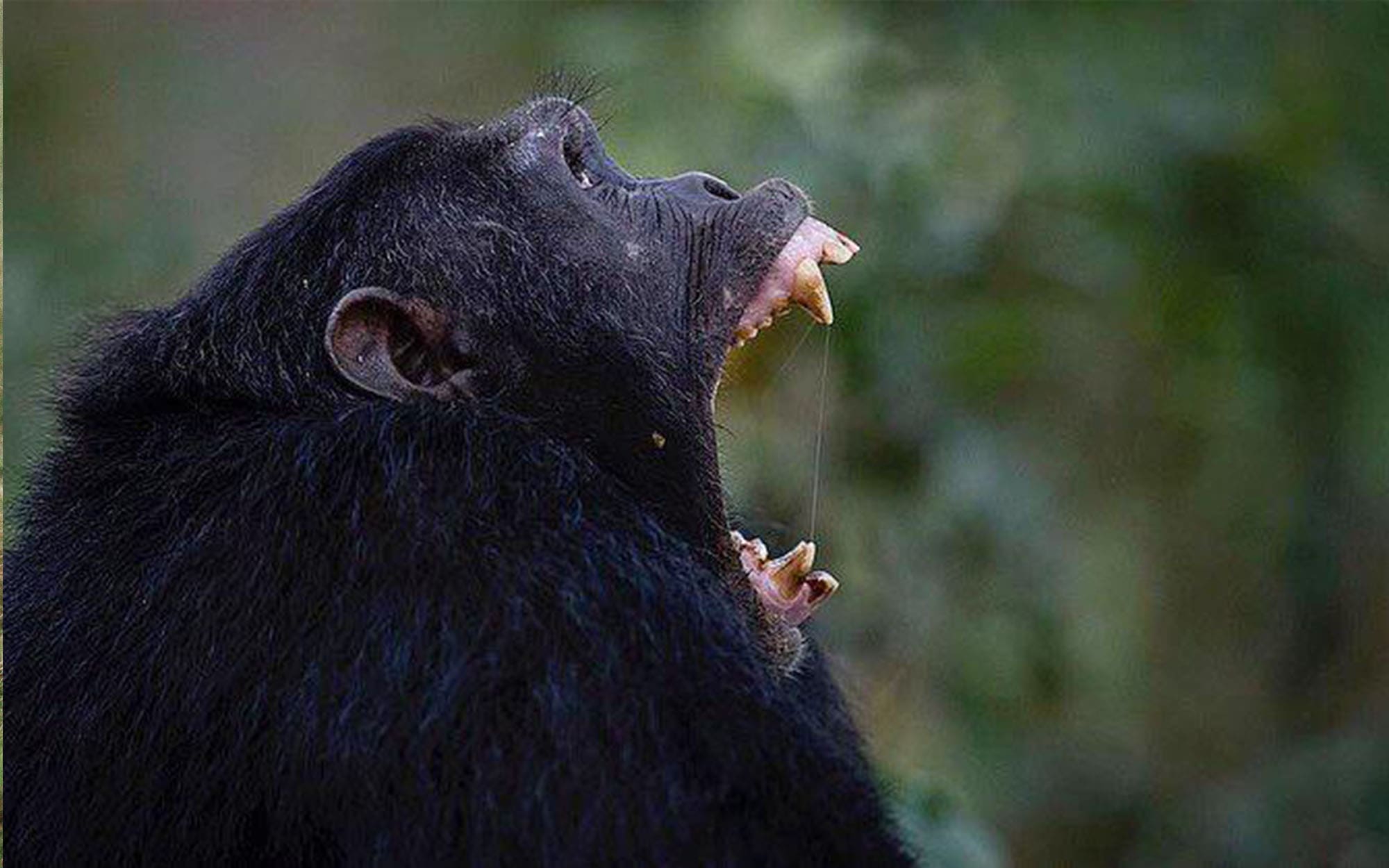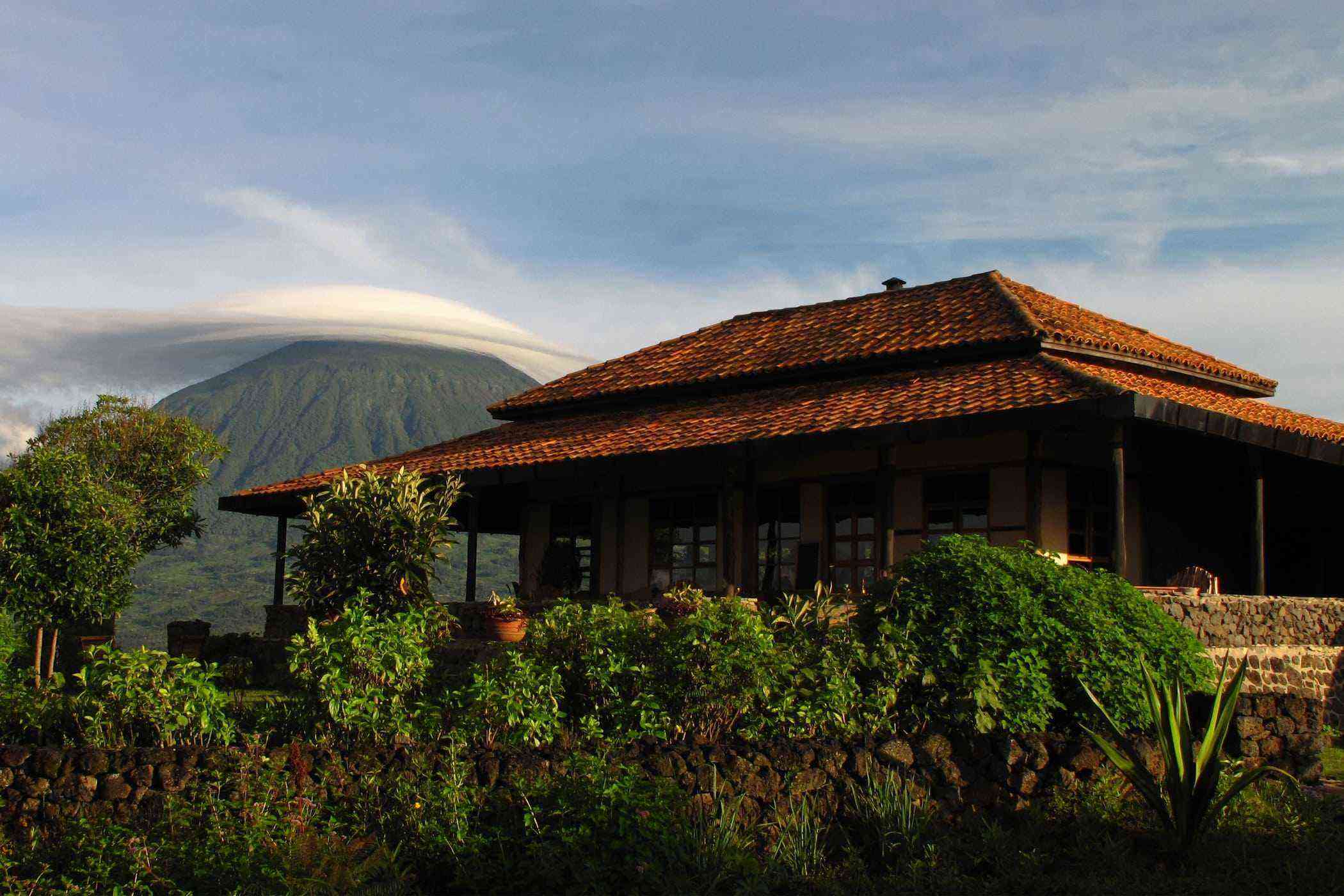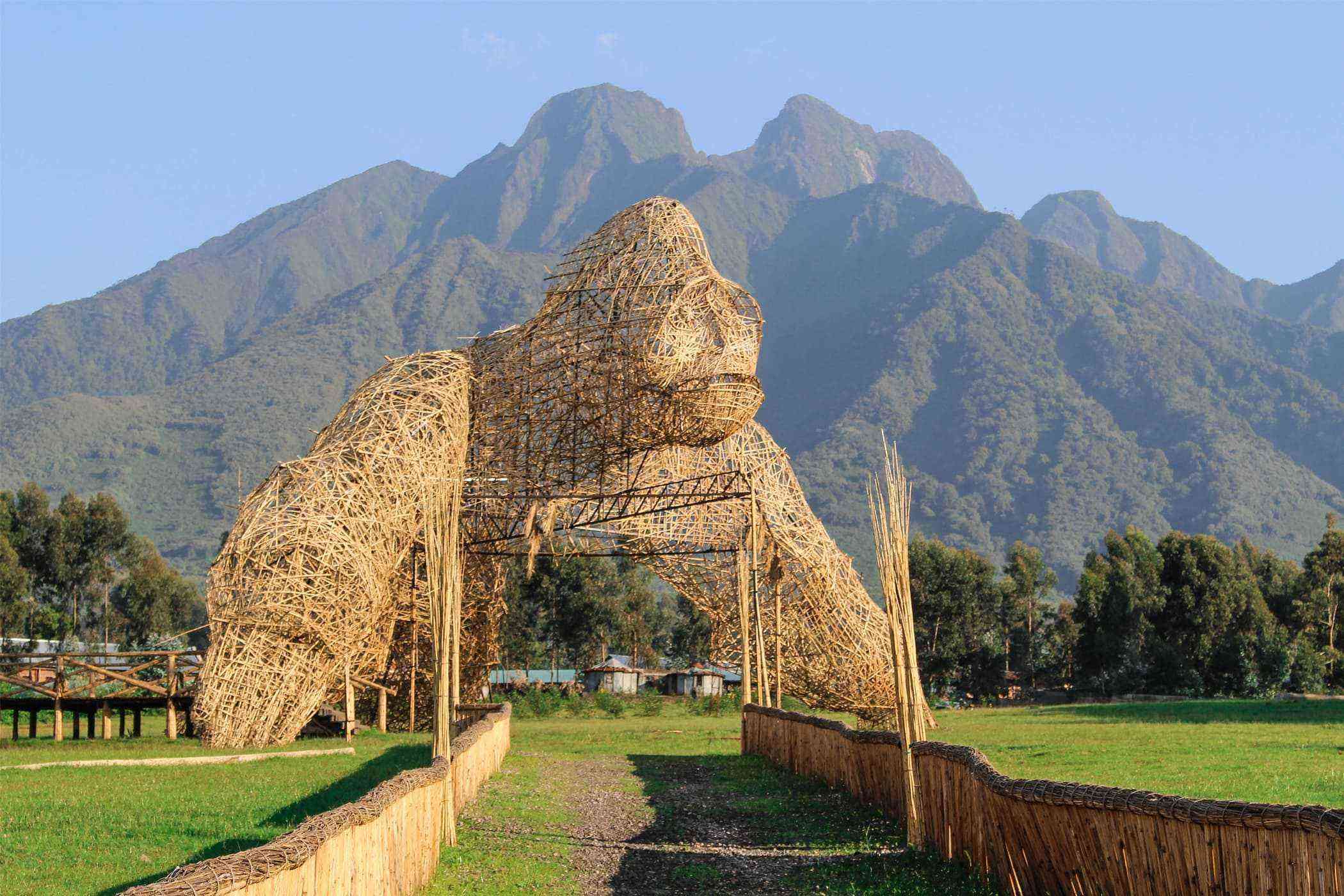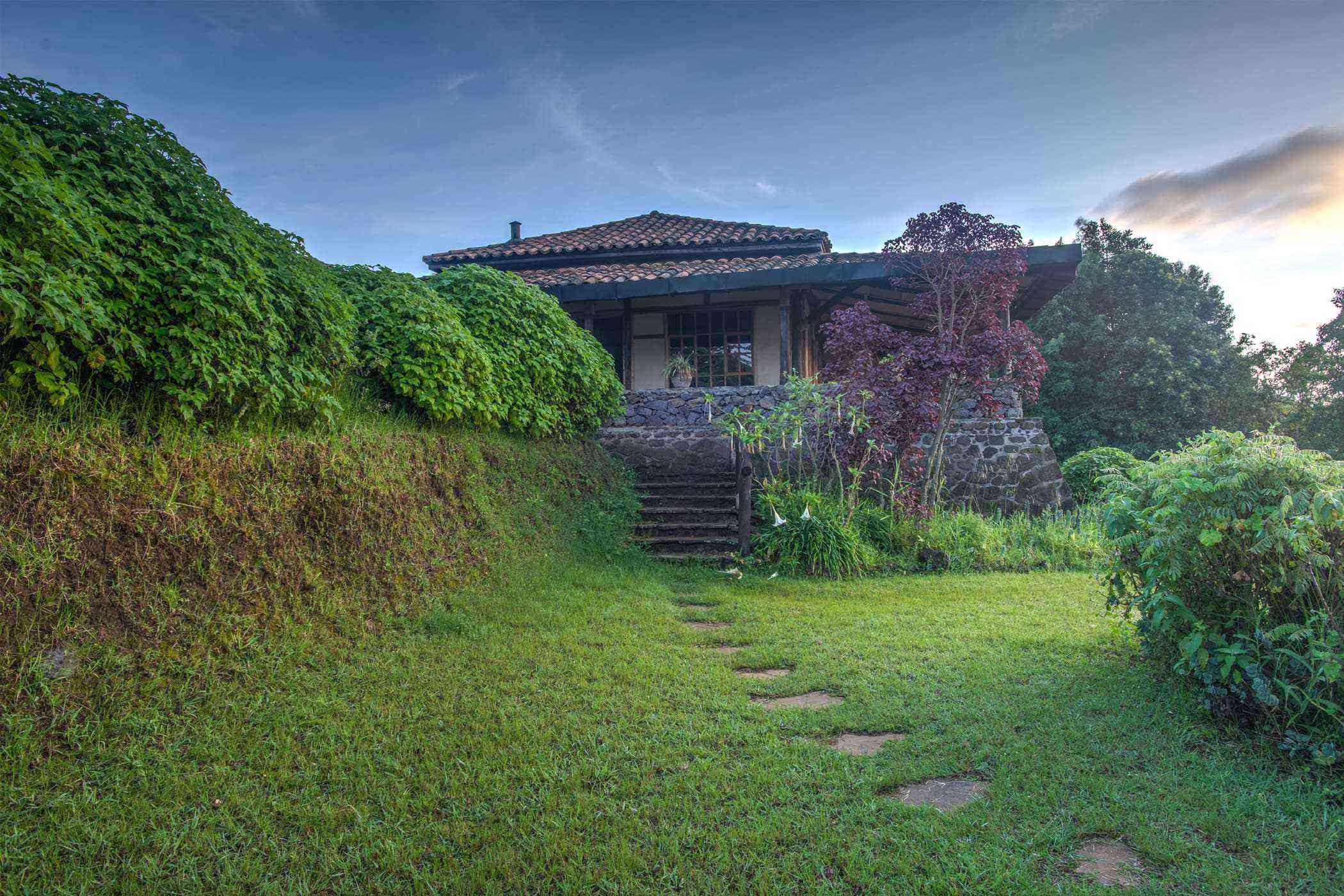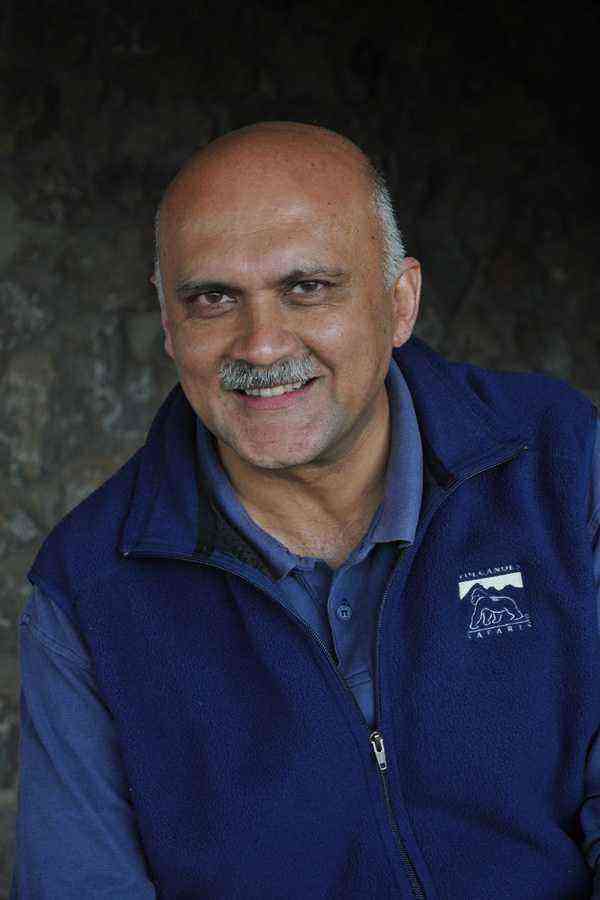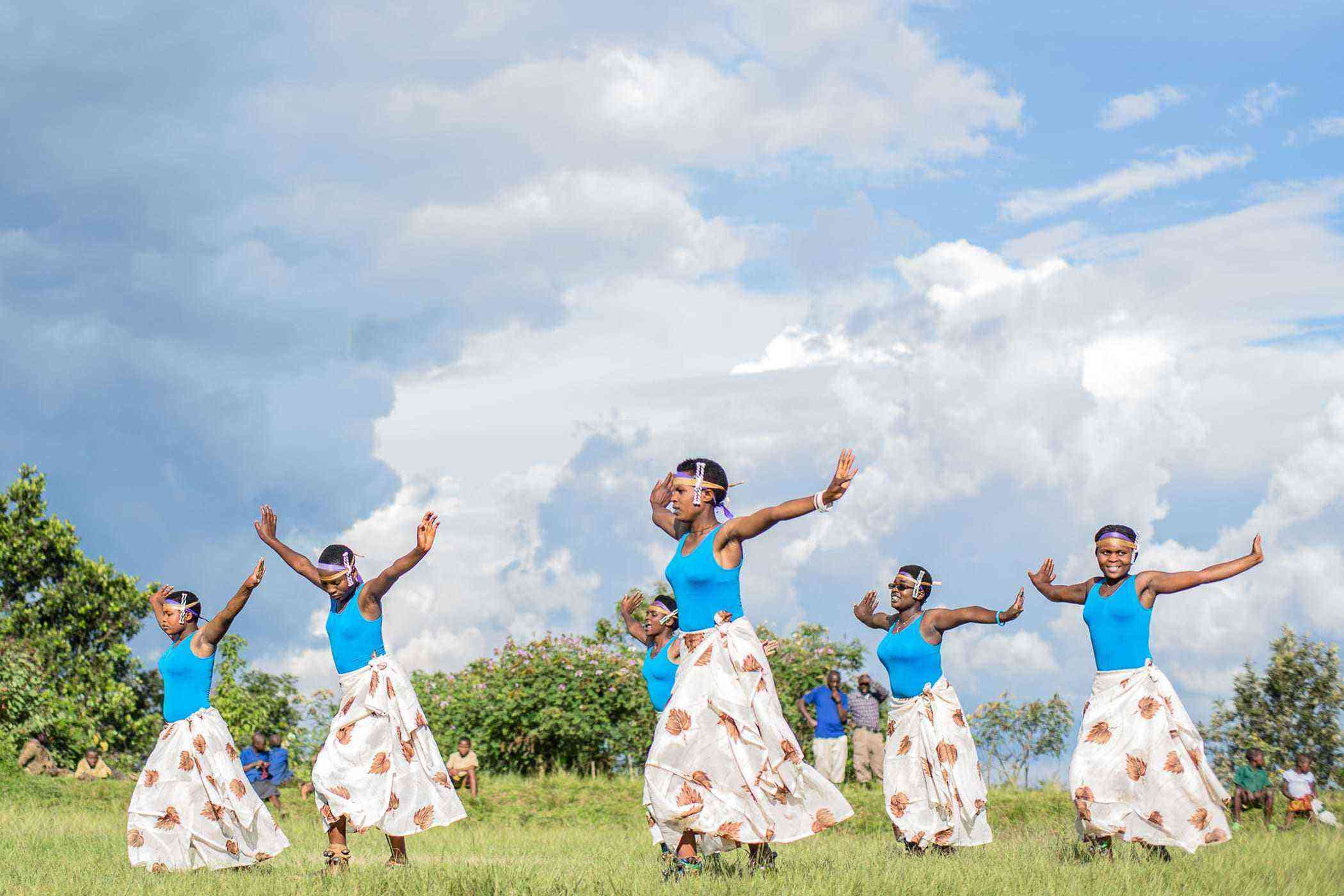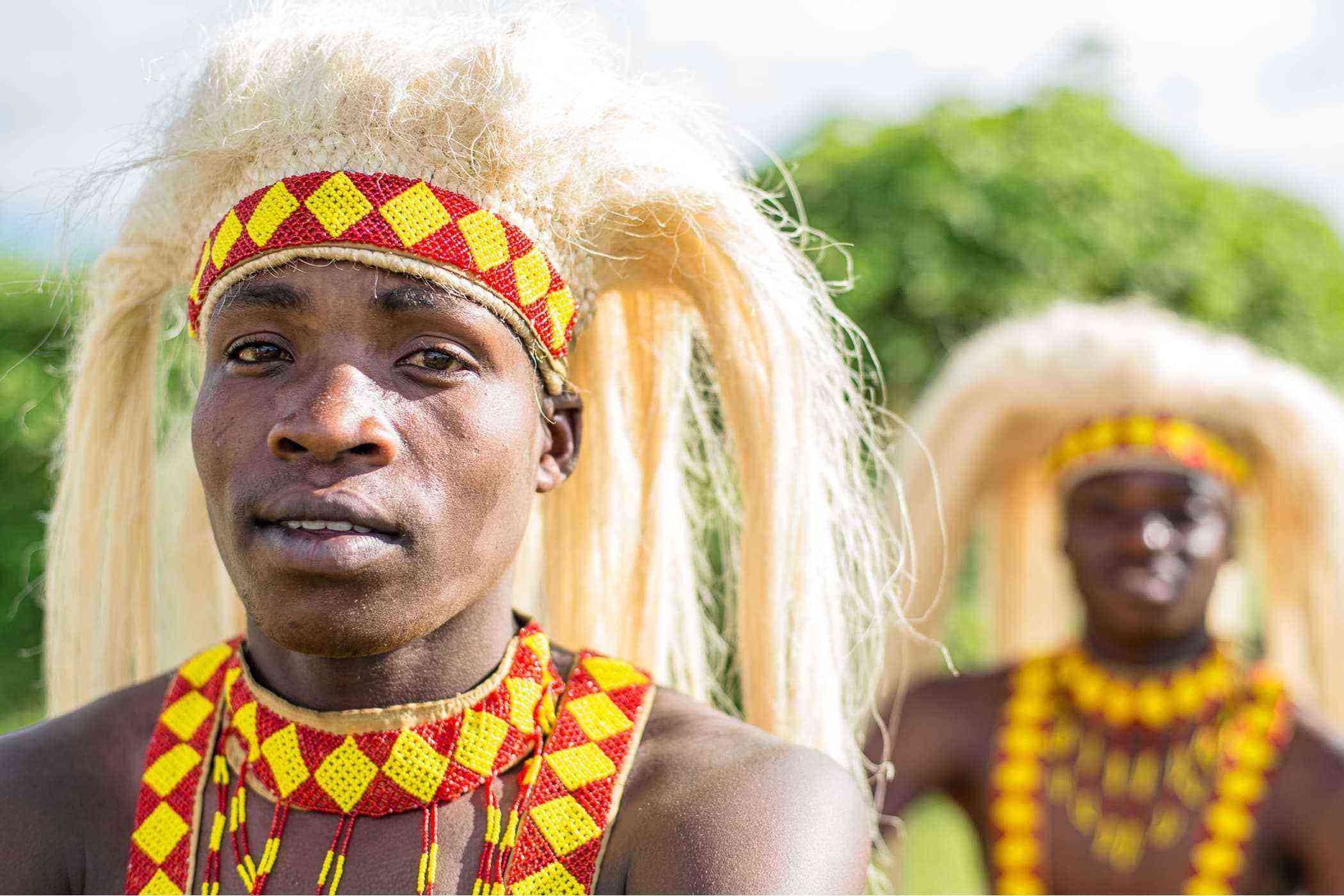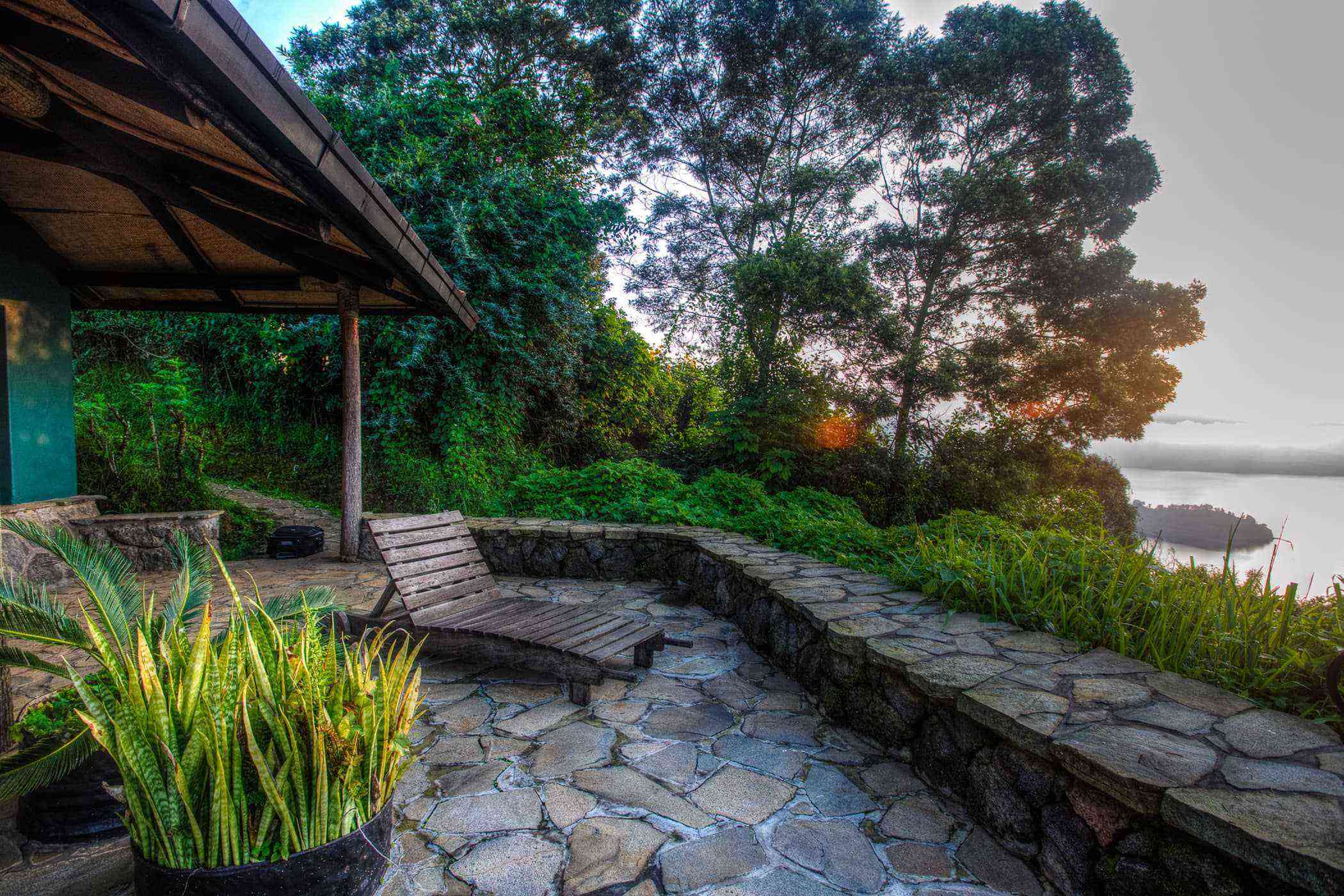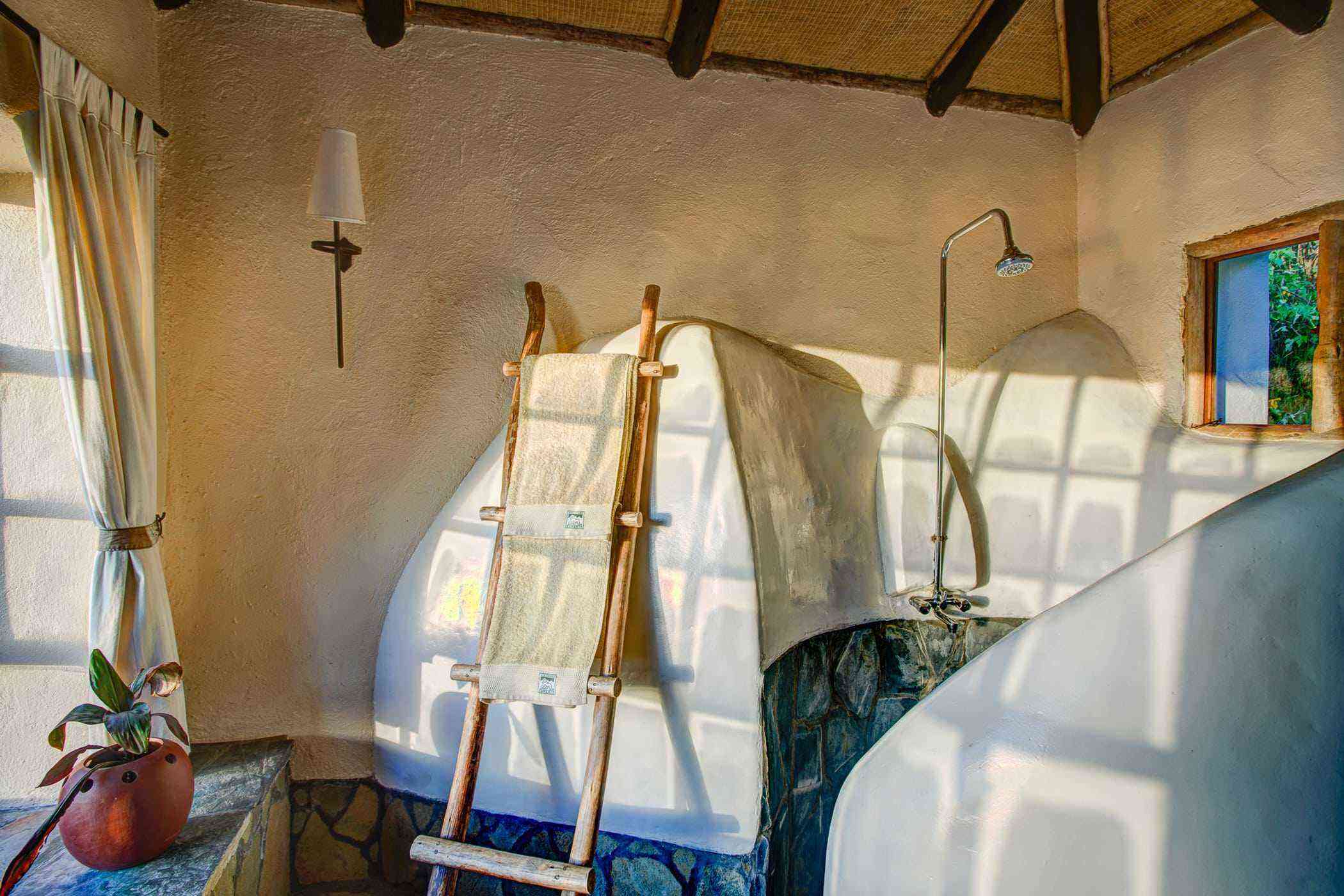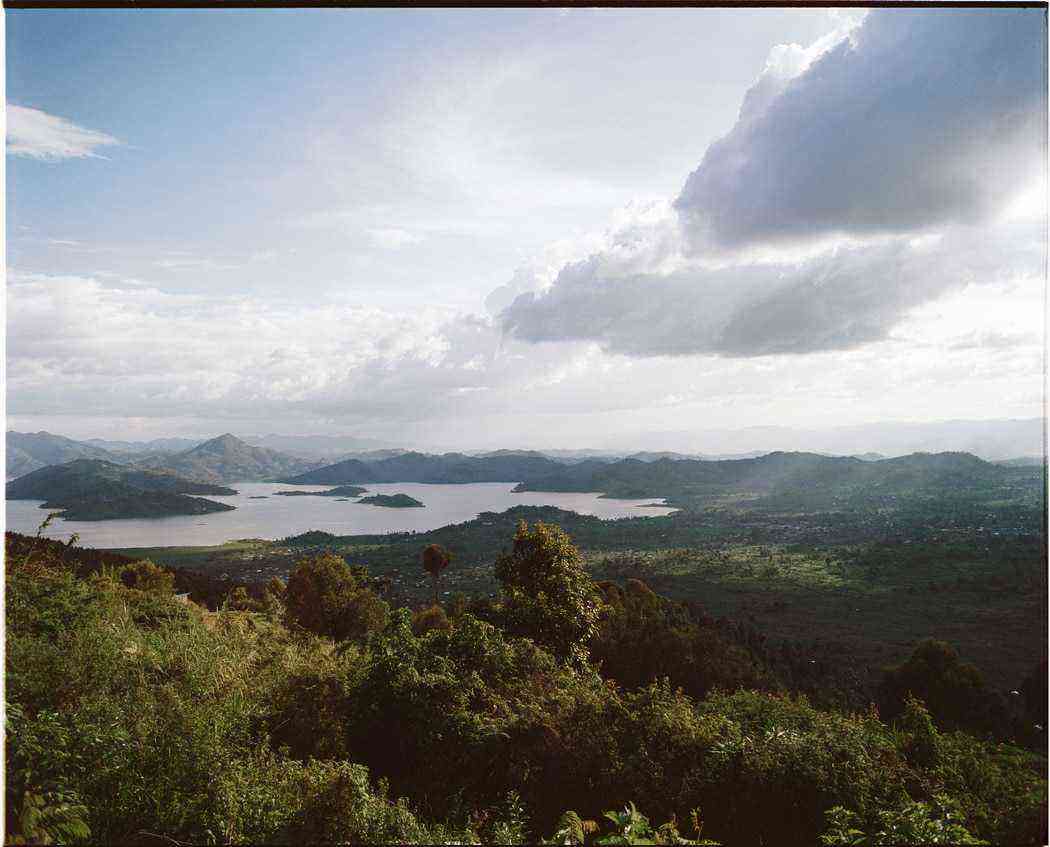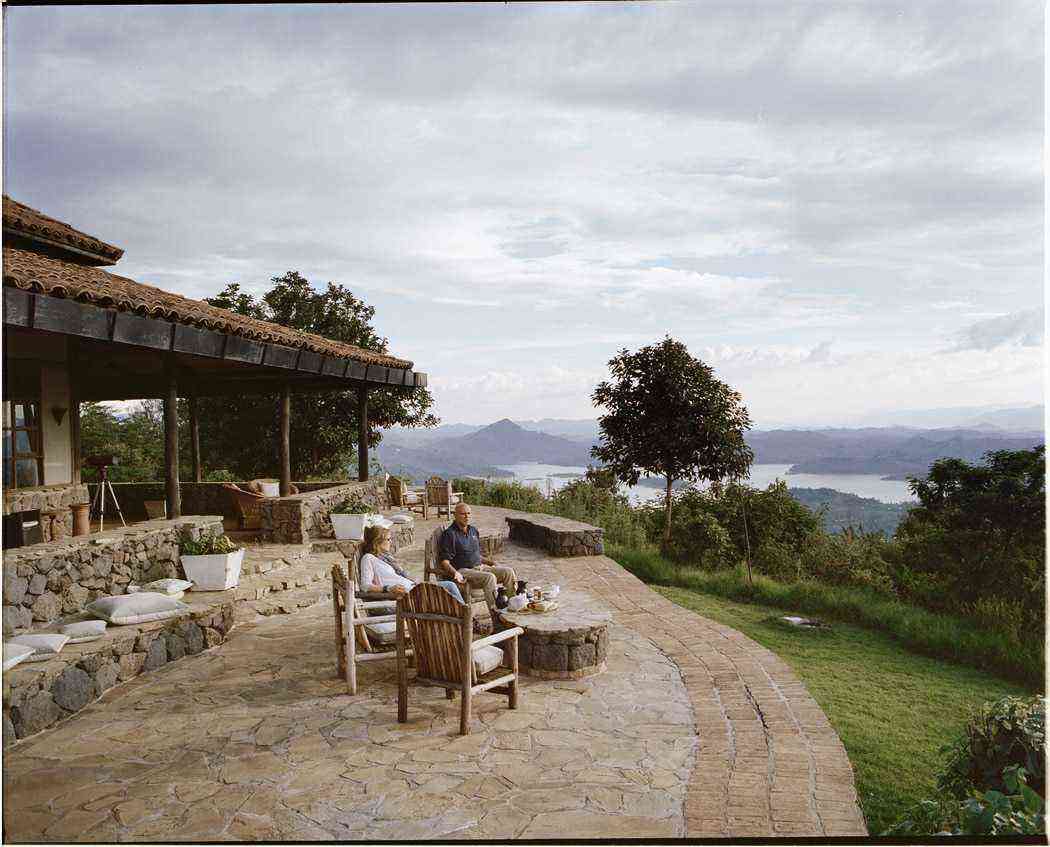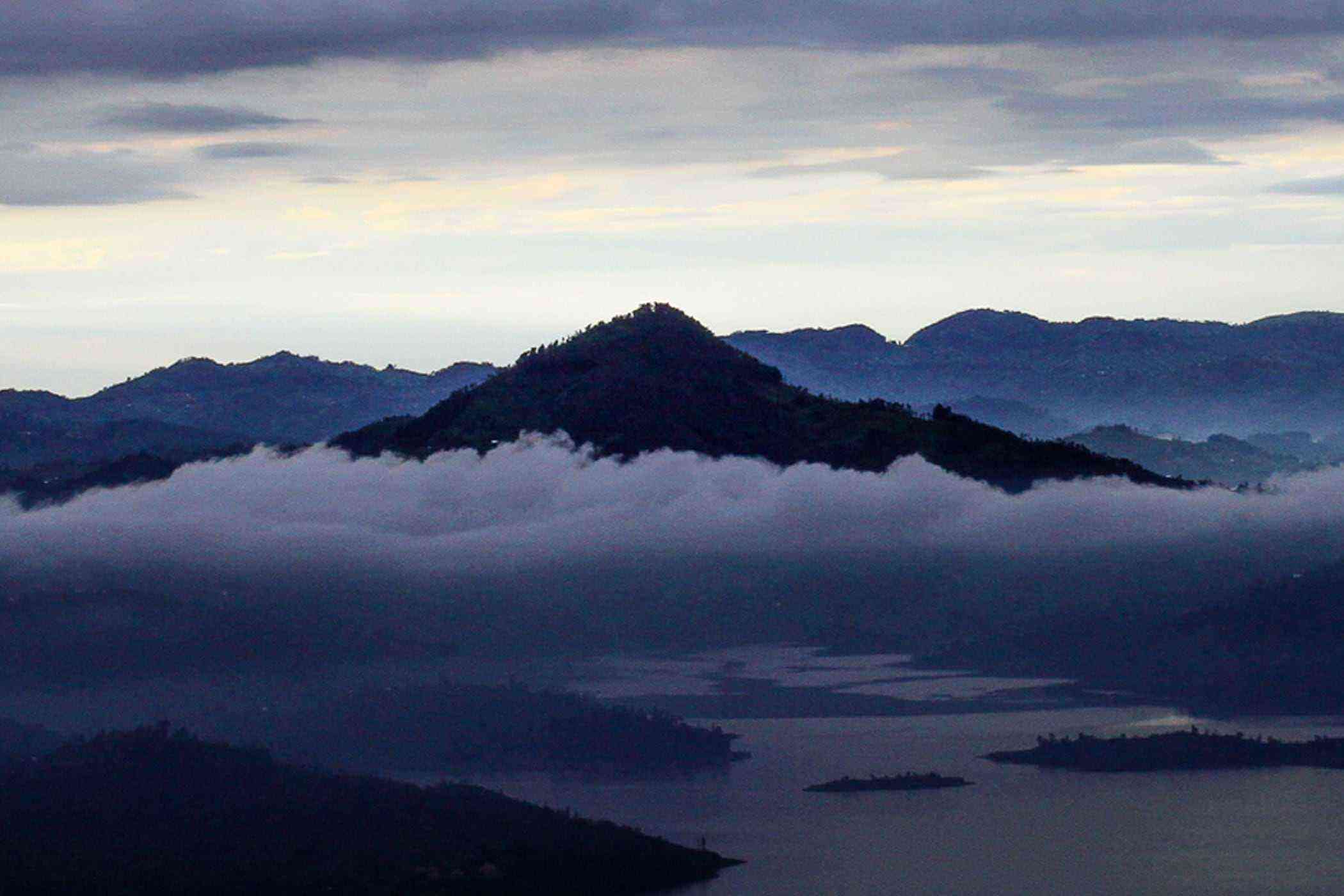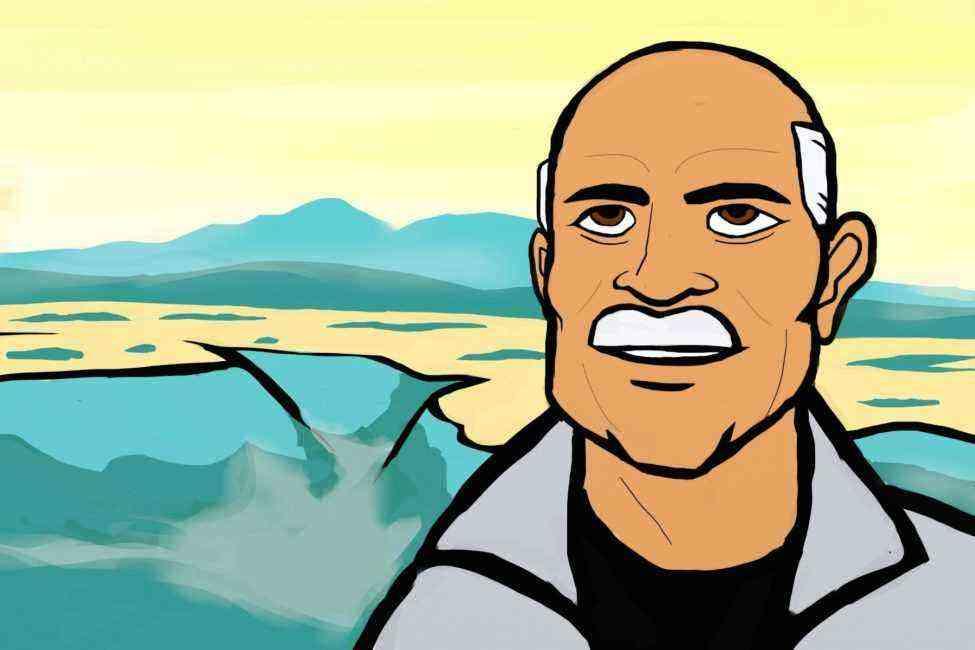
“For me it’s been very important to balance what you build, with the connection to conservation and communities, and to try to keep what you have as simple as possible.”
1. Virungas lodge 2. Virunga Mountain Volcanoes Safaris
What was it like when you returned to Uganda for the first time?
In 1970 when I left [Uganda], it was eight years after [the country gained] independence. There had been political changes and tensions about what to do about the fact that the economy was still owned in East Africa largely by non-black people, even though they had independence. But the country of Uganda was functioning really well. They had a really good economy, a really good education system for the black population, one of the most forward thinking and educated in East Africa, and the best university in Africa. One minute you’re working in a functioning state, whatever its complexities and negative issues, and the next minute you suddenly get a dictator who takes over, and then of course of the country collapses. So really from the moment I left—you can blame it all on me [laughs]—the country collapsed. In 1982 the peace and security in the city of Kampala was destroyed. I drove back from Nairobi in a European Union car, there were roadblocks and drunken soldiers and the feeling of a culture not at peace, a curfew, and gunshots at night. The population of people who had lived there before, a good chunk of them Indians and Europeans, were no longer there, and there were people illegally occupying the city. It was a major change. Instability continued for several years. And in 1986 Museveni took over, and a good 20 years after I left I was able to travel the country normally, and climb the Rwenzori mountains and rediscover the West. It didn’t go back to these glories days of this wonderful country in the ‘60s and ‘70s, but it did stabilize again—but that’s what kept my interest alive.
What initially inspired you to start Volcanoes Safari?
When I first went to the Ugandan side of Virungas in the ‘60s, it was actually roughly the same time that Dian Fossey [whose work was fundamental in understanding gorillas and how to protect them] was setting up in the area, so though I never met her, I heard about what one might call this ‘crazy American woman’ who had been working with the gorillas on the other side of the volcanoes. It’s a distant memory I have of this person, and she was an inspiration to me. I was [also] inspired by Walter Baumgärtel’s early efforts with gorilla tourism in the Gahinga side of the Virunga Volcanoes.Do you ever feel conflicted about establishing luxurious lodgings in a region that’s endured so much hardship?
For me it’s been very important to balance what you build, with the connection to conservation and communities, and to try to keep what you have as simple as possible. Many of clients are really, really wealthy, and they are used to a fairly high standard of basic amenities. To meet their requirements we’ve become a much more luxurious company, but our origins and our ethos and our thinking still remain very connected to the region where we are. We employ over 100 staff members in this area of southern Uganda, and all of our staff come from Rwanda, DRC, Burundi, Uganda, and Kenya. They have been through conflict; they have suffered as refugees, they have suffered from trauma—issues that parallel my own family’s. We must keep giving back to the community.The dance groups at Virunga base their dance on the royal dance of the Intore, what the troupes did in the time of battle. Clients are encouraged to dance with the local people; it’s about sharing the culture. Volcanoes Safaris
What do you tell people who still have misconceptions about the region?
The Rwandan genocide was one of the most negative episodes of the 20th century so understandably there’s fear about it, there’s concern about it. As a tourism provider, you have to decide if the region is safe and secure enough for tourists. Tourism can play a very important part both in terms of finance and in perception and psychology. So the old question, ‘does tourism bring peace or does peace bring tourism?’ comes into play.“It’s one of the most fertile areas in Africa. It’s a rural paradise.
Virunga Lodge Volcanoes Safaris
How can guests give back to the community during their stay at the lodges?
Clients can purchase water tanks to give to locals, and for about $40 you can buy and donate a sheep to a family; the sheep helps produce manure to create better soil for guests, and it becomes a whole regeneration project.What do you see when you look out from the terrace of the Virunga lodge?
The Virunga volcanoes at the source have these eight volcanoes that are still live on the Congo side, and then the ones in Uganda that are not, and that’s where the gorillas live. And then there are all these foothills…It’s a very intense area because the volcanos are very beautiful. The parkland around them is quite small. There’s cultivation all around; it’s one of the most fertile areas in Africa. It’s a rural paradise. You see these dramatic views of the volcanoes; you see about five of them from the Virunga lodge. And from the Ugandan side, from Gahinga, you’re in a kind of in a bowl at the base of three of them. From the Virunga Lodge, the views are very widespread over the valley, and these two shimmering lakes of Buerera and Ruhondo, and these small homesteads dotted around where people are trying to make a living. In the forest you have these gorillas which number about 880; it’s a very precarious population. It’s one of the most unusual locations in the world. It’s very special geographically, historically, ethnically, politically, and linguistically around the volcanoes.Virungas views Volcanoes Safaris
